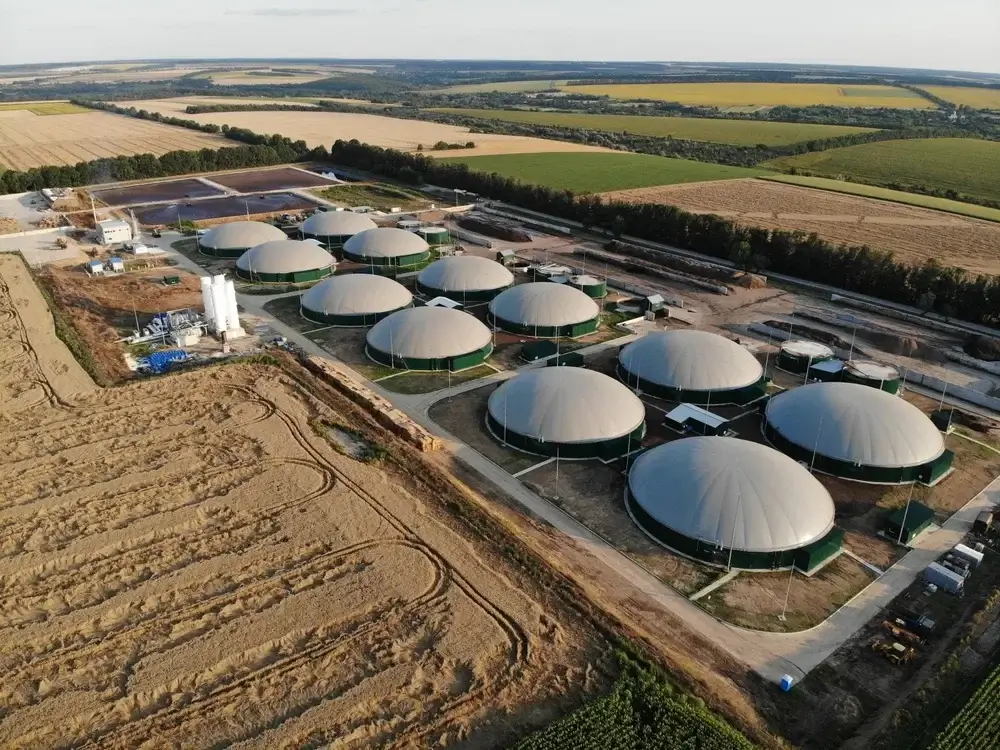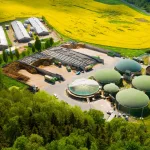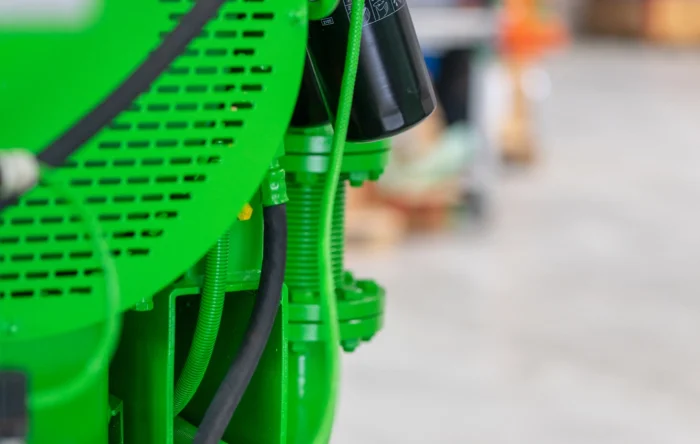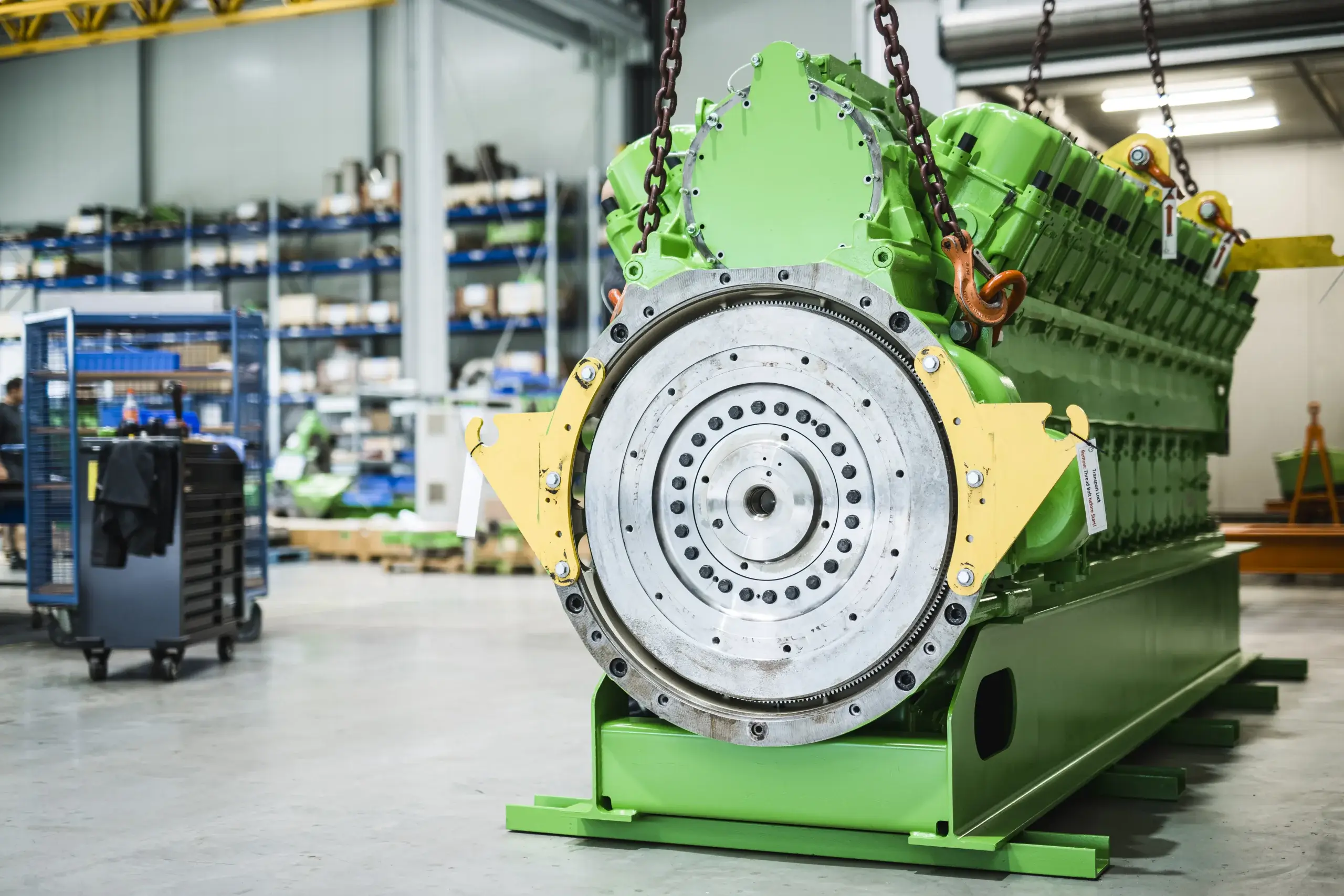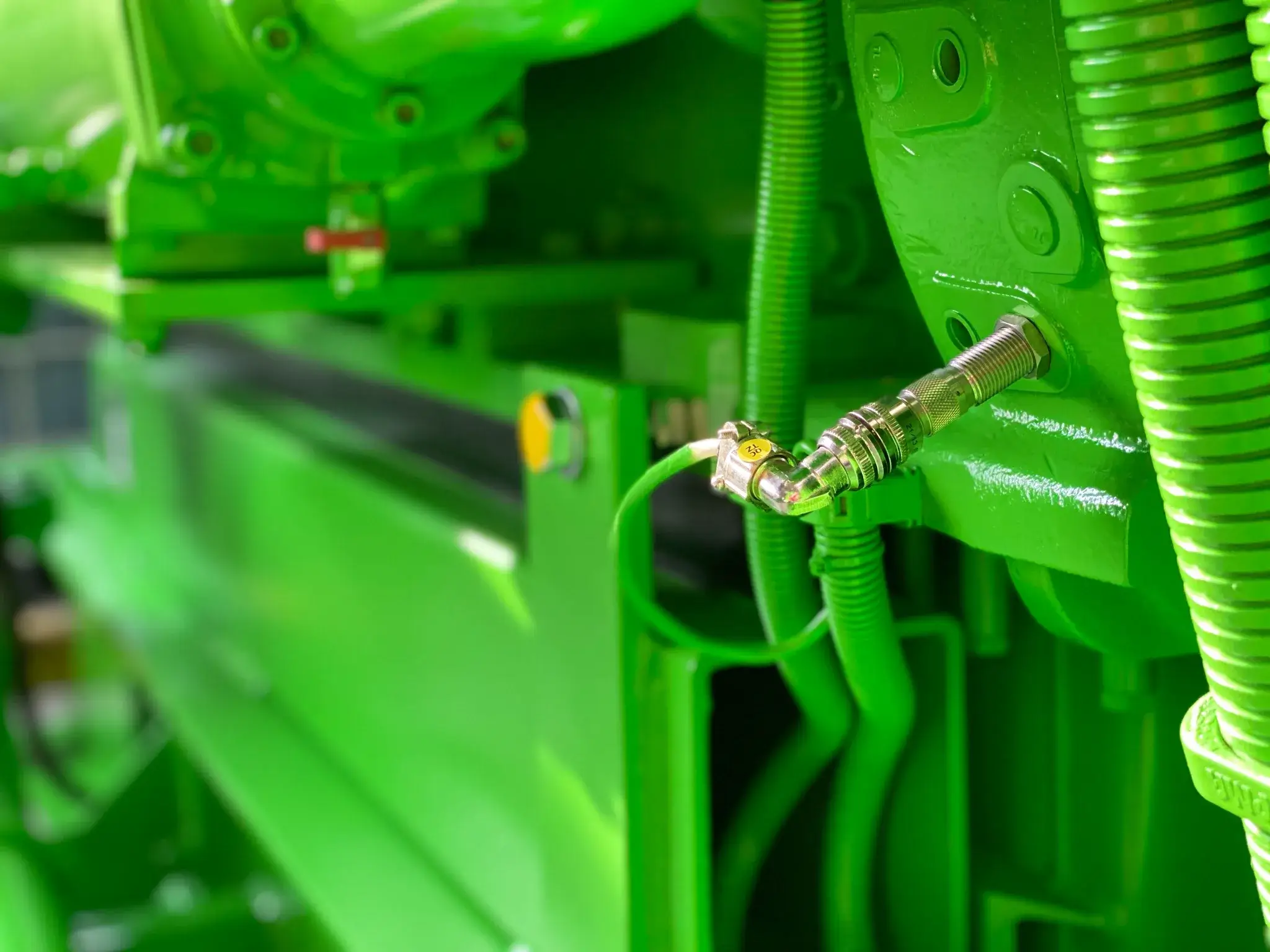Why is biogas not yet widely utilized? Challenges and potentials
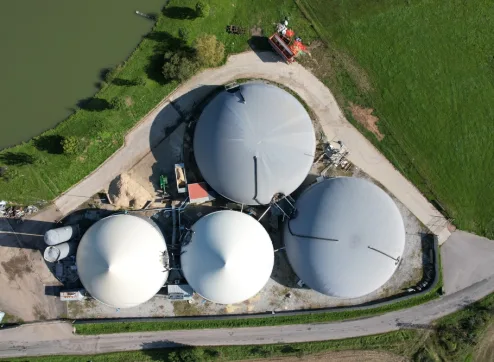
Biogas, as a sustainable source of energy derived from organic raw materials, undeniably has significant potential to contribute to the energy transition. However, it is surprising that the utilization of biogas in the energy mix is not as widespread as it could be. In this article, we explore the reasons why biogas has not been utilized more frequently and analyze the challenges and potentials associated with its broader implementation.
Biogas Plants – A Comprehensive Guide
In this PowerUP article, you will find comprehensive information about biogas plants – from their history and components to their advantages.
Challenges in the utilization of biogas
1. Complex technology and infrastructure
The setup and operation of biogas plants require complex technology and specialized knowledge. The plants need to be carefully operated and monitored in order to ensure efficient biogas production. The necessary infrastructure, such as fermenters and processing facilities, can come with high investment costs, which can deter many potential investors.
2. Competition with other renewable energy sources
Biogas competes in the energy market with other renewable energy sources such as wind and solar energy. These energy sources have gained significant importance in recent years and are the focus of many political and economic measures to promote renewable energies. The competition with these well-established and heavily subsidized energy sources can diminish the attractiveness of biogas as an investment option.
3. Economic viability
The economic viability of biogas plants strongly depends on various factors, such as energy prices, costs for plant construction and operation, feed-in tariffs according to the Renewable Energy Sources Act (EEG), and other economic conditions. Fluctuating energy prices can have an impact on the profitability of biogas plants and may cause investors to hesitate in investing in this technology, especially when other renewable energy sources appear to be more economically attractive.
4. Regulatory barriers and approval processes
The operation of biogas plants requires extensive approval procedures and compliance with environmental regulations. The regulatory requirements and bureaucratic hurdles can complicate and lengthen the process of plant planning and implementation. These uncertainties can restrict investors’ willingness to finance biogas plants and impede their widespread adoption.

Potential for increased biogas utilization
1. Waste utilization and circular economy
Biogas plants provide an effective means of waste utilization. Organic waste such as food scraps, bio-waste, and energy crops can be utilized in biogas plants instead of being disposed of or burned. This helps to reduce greenhouse gas emissions and promote a sustainable circular economy.
2. Flexibility and energy storage
Biogas can be utilized in various ways, including for electricity and heat generation, as well as for producing biomethane as a fuel. Biogas plants can serve as a flexible energy source that contributes to stabilizing the power grid, particularly during fluctuations in renewable energy sources like solar and wind power due to weather conditions.
3. Utilization of agricultural residues
The agricultural sector can greatly benefit from biogas production. The fermentation residues from biogas plants can be used as high-quality fertilizer on fields, contributing to the improvement of soil quality and the sustainable cultivation of agricultural land.
4. Decentralized energy generation
Biogas plants enable decentralized energy production as they can often be located near agricultural farms or waste sources. This reduces the need for long transportation routes and decreases dependency on centralized power generation facilities. Decentralized energy production can enhance security of supply and reduce reliance on large-scale power plants.
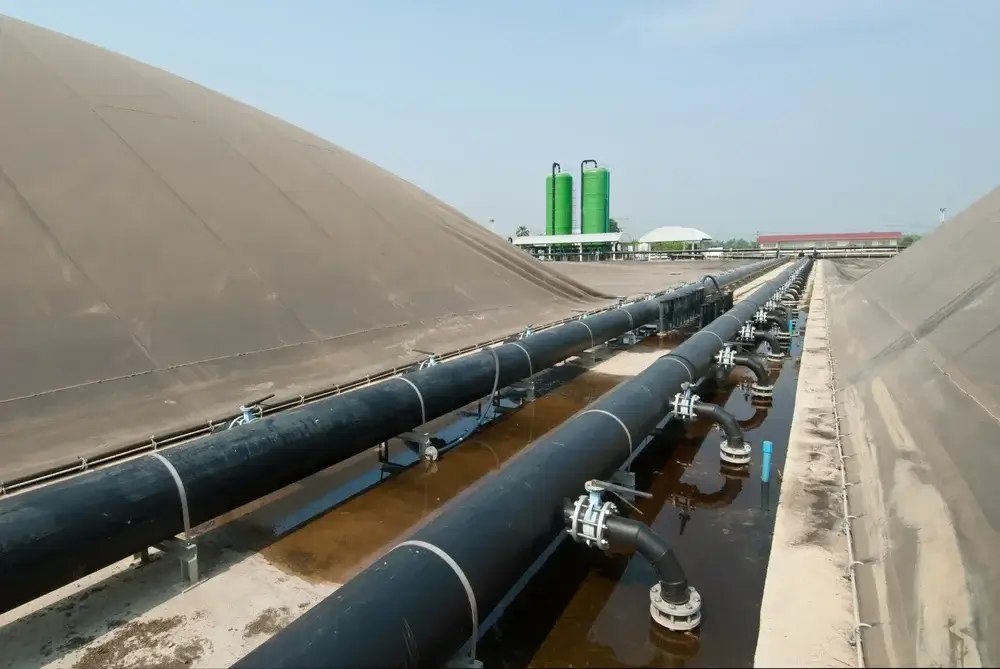
How can PowerUP promote the benefits of biogas?
The limited adoption of biogas usage can be attributed to various challenges, including technical complexity, economic factors, and competition with other renewable energy sources. However, there are significant potentials associated with the increased utilization of biogas, such as waste valorization, flexibility in energy generation, and the sustainable utilization of agricultural residues.
PowerUP understands the pivotal role that biogas plays in a sustainable energy future. With our comprehensive expertise in the field of gas engines, we provide advanced technology solutions that optimize the efficient utilization of biogas.
Our approach is focused on optimizing energy generation from biogas, reducing emissions, and minimizing operating costs for our customers. With PowerUP by your side, you can be confident in fully harnessing the potential of biogas.

